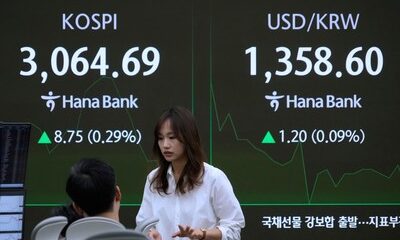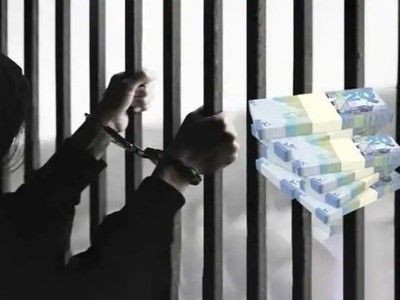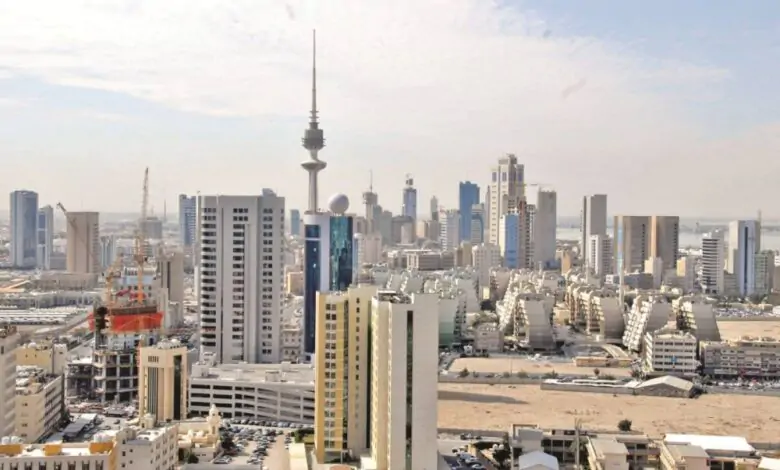Business
Gold hits new record high of $3,148 per ounce amid escalating geopolitical tensions
-

 Latest News24 hours ago
Latest News24 hours agoGold prices fall amid easing geopolitical tensions, outlook
-
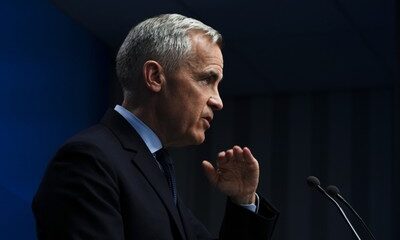
 Business14 hours ago
Business14 hours agoTrade talks with US resume after Canada rescinded tech tax: Carney
-
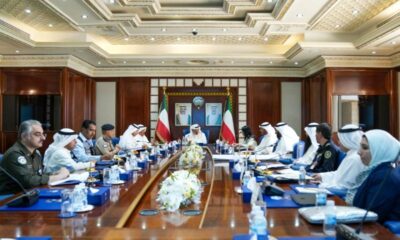
 Latest News21 hours ago
Latest News21 hours agoFocus on infra to boost growth
-

 Business5 hours ago
Business5 hours agoSecond phase of merging Kuwait oil companies underway
-
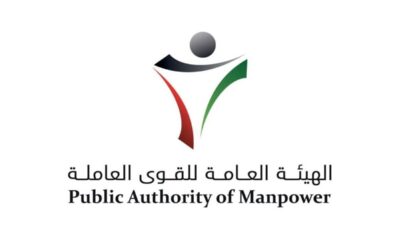
 Latest News22 hours ago
Latest News22 hours ago22,000 obtain exit permit as rule takes effect from July 1
-

 Business13 hours ago
Business13 hours agoKuwait moves to diversify revenue with new MNE tax framework
-

 Latest News20 hours ago
Latest News20 hours agoZain holds Innovation Digital Nation Summer Camp for employees’ kids
-
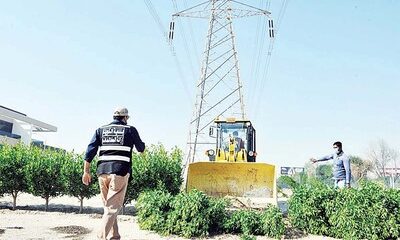
 Politics13 hours ago
Politics13 hours agoKuwait launches crackdown on illegal encroachments in desert zones



